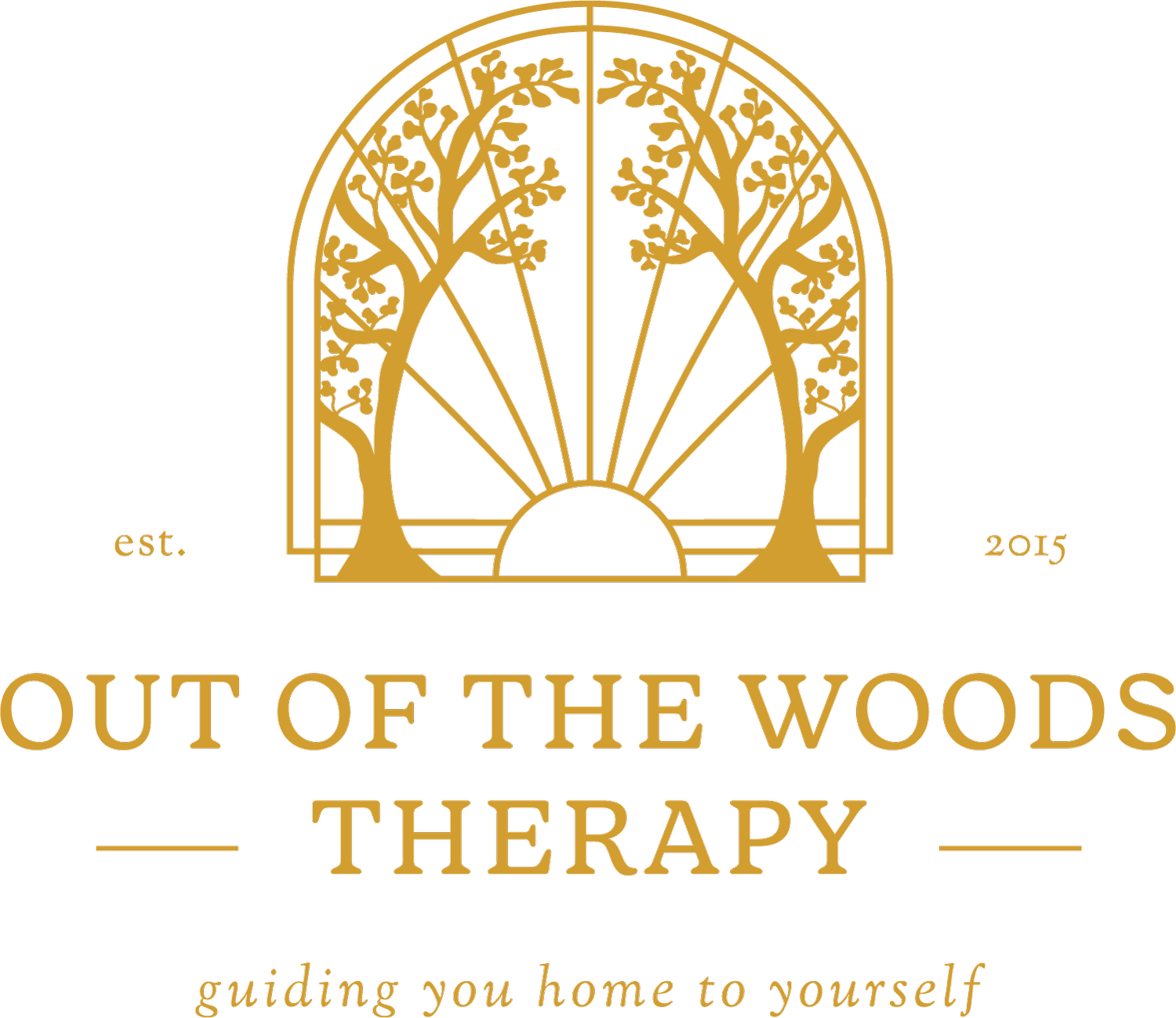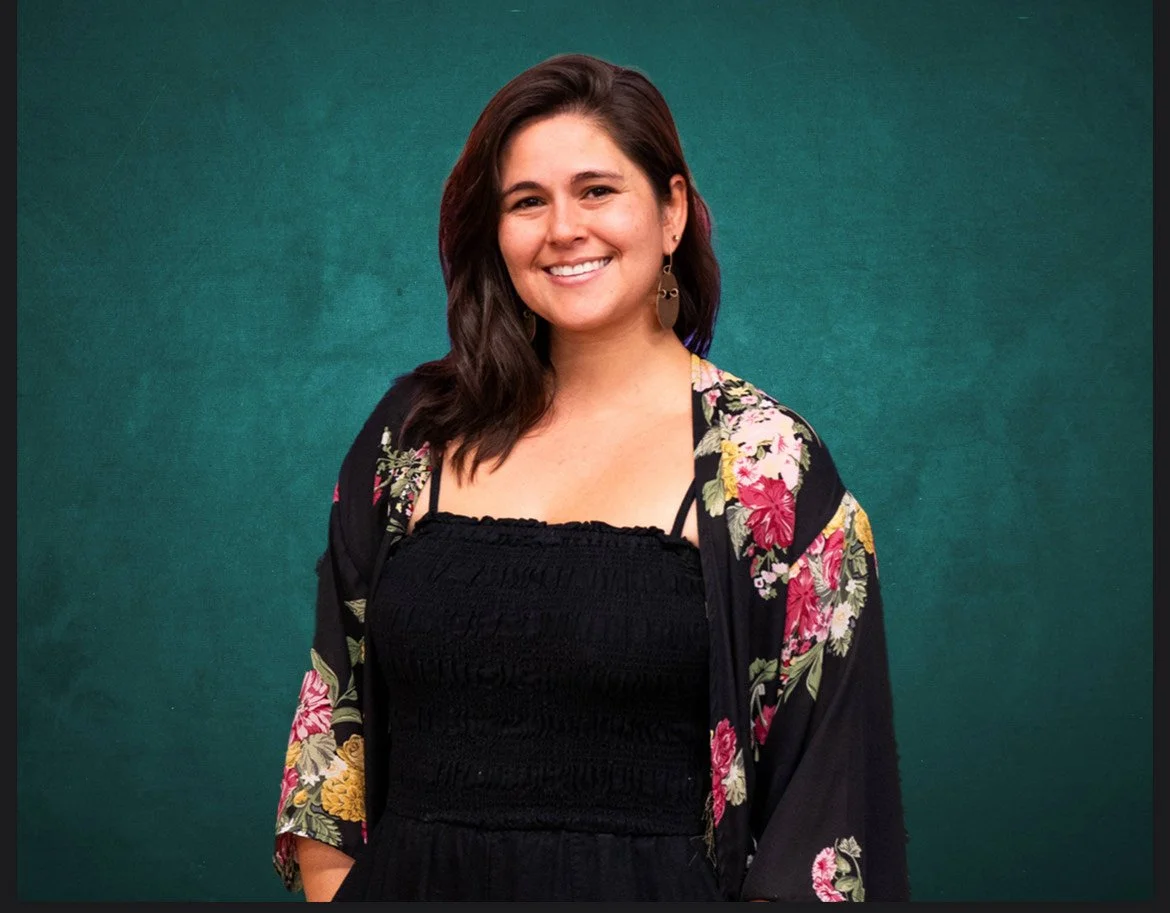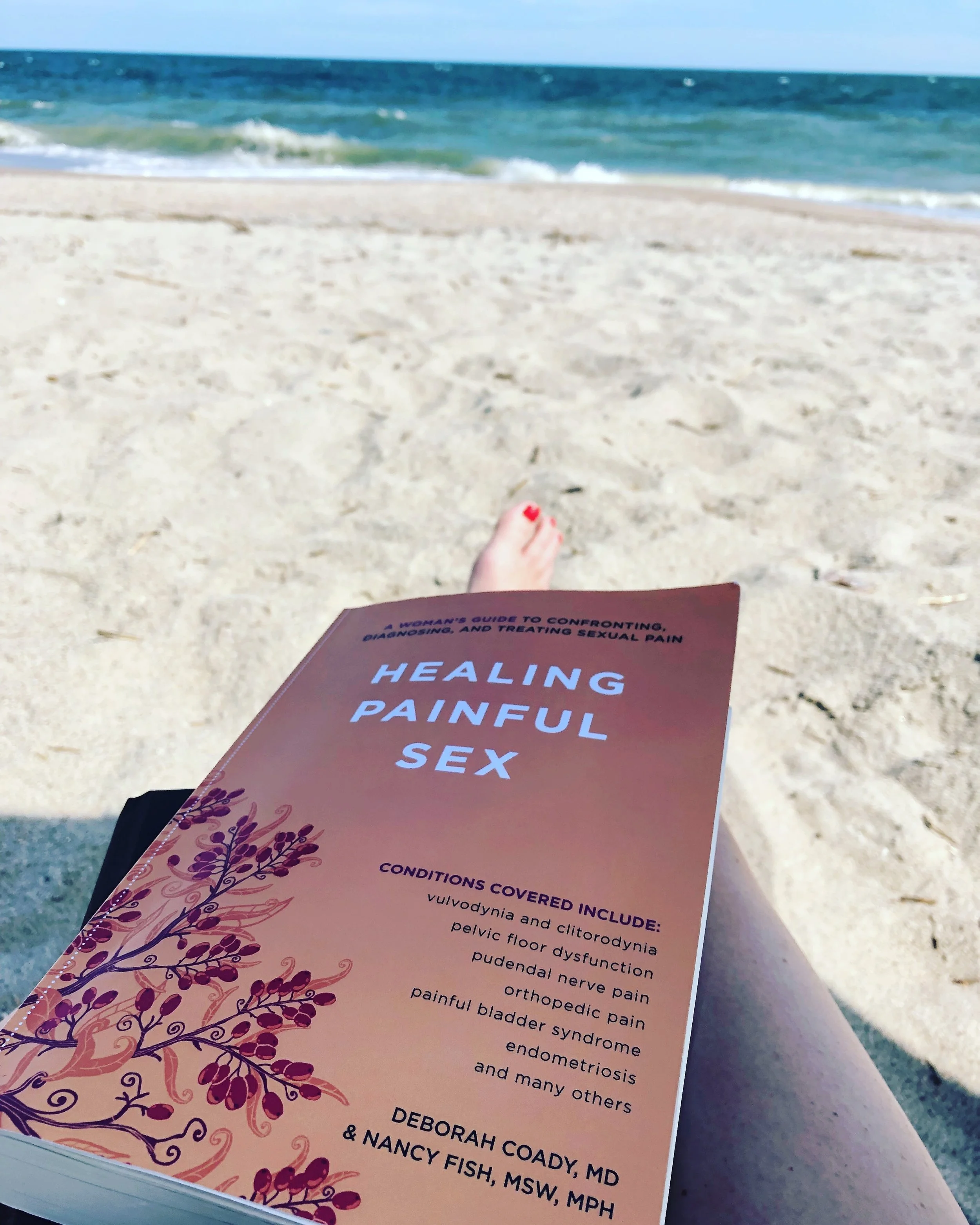Attachment theory seems to be everywhere these days—and I’m here for it. As a therapist, it’s my home base for how I like to understand the clients I work with. But the more I dive in, the more I notice something tricky: attachment styles aren’t as fixed as we often like to think.
As someone who’s spent a lot of time studying attachment for both personal and professional reasons, I often catch myself thinking: “Am I anxious? Avoidant? Anxious-avoidant? And honestly… It can get real messy in this well-intentioned brain of mine.
Here’s the pickle: I notice myself trying to identify my own—or others’—attachment styles, only to realize that behaviors shift depending on the context of the situation and who is involved. One second, I might notice anxious tendencies; the next, avoidant behaviors. Trying to neatly categorize these experiences into ‘what am I’ feels frustratingly impossible- causing me to spiral into overthinking, and then I throw the baby out with the bathwater altogether. Not helpful.
Why is it so hard to get a clear answer about attachment styles? I came to this conclusion for myself, and maybe you relate too: when we have a mindset of fitting people into boxes (a lot of time because that is what feels safest for us), we lose the complexity and nuance of relationships and the human condition that actually describes us most authentically.
So what may be a more helpful way to think about it? These are two ways of thinking that have started to guide my understanding of attachment styles without losing my mind:
A category will never capture the whole human experience. Attachment styles, personality types, or diagnoses can describe part of a person, but they don’t define the entirety of someone’s lived experience.
Focus on cycles, patterns, and processes. Instead of asking, “What type am I?” I ask, “What patterns am I noticing in myself, in others, and in the human experience?”
So what does this look like in practice? Let’s take romantic conflict as an example. A common pattern in attachment is the pursuer-withdrawer cycle: one partner expresses needs anxiously (the pursuer), and the other withdraws or disengages to avoid the conflict (the withdrawer). Instead of labeling one partner “anxious” and the other “avoidant” to be a fact forever, I focus on the cycle itself, and I hold space for that either partner can switch too depending on the situation or if they are in a cycle with someone else.
By focusing on cycles rather than types, we create space for nuance and flexibility while still being able to understand ourselves and others: I can be the pursuer in one conflict and the withdrawer in another, and that’s good information for me to notice. When we can identify the pattern, we can work to create a more secure dynamic. This cycle-focused perspective emphasizes context, fluidity, and choice. It frees us from rigid types and allows us to respond to the moment rather than being boxed in by past patterns or labels- this is where we can fully express our authentic selves without the constraints of a ‘type’.
If you’re thinking, “Wait,—you just used attachment types to describe cycles, but you’re telling me not to use types?”—lol yes, friend. Let’s clarify: attachment types help us understand tendencies, while cycles help us understand relational dynamics. For example, I may have a dominant anxious attachment style shaped by my childhood- It informs my worldview and many of my relationship tendencies—at times. But I’ve also been the avoidant partner in certain situations. My style doesn’t define me, but the cycle I find myself caught in with another person is good information, and understanding attachment styles is an important part of that. If anything, understanding that I can be one style in one situation and another in another situation helps me notice patterns within myself where I can choose how to respond. By shifting from a “type mentality” to a “cycle mentality,” we can see relationships—and ourselves—with more flexibility, nuance, and compassion.
So if you are like me and have struggled with attachment theory, overthinking your “type,” or feeling boxed in by labels—you’re not alone. I see you as the well-intentioned, “I just want to understand” person you are.
As an alternative way of thinking about attachment, I invite you to notice the patterns in your interactions, pay attention to cycles you find yourself in rather than trying to pin down a permanent type, and give yourself permission to shift roles, respond differently, and engage with relationships more authentically. This is not about perfect behavior or fixed labels—it’s about understanding yourself and others in context, moment by moment. In that space, we find freedom and choice in how we connect with others and ourselves.
If you’re interested in learning more about your attachment patterns and cycles, feel free to reach out!
Jordan Stonecypher, LCMHCA sees individuals and couples in our practice and she only just got started with us so she has availability for new clients!
Disclaimer: I’m a therapist by training, but much of this reflection comes from my own experiences and curiosity about the human condition. I share it in the spirit of conversation, not authority—and I’d love to hear your thoughts or perspectives.
Learn more about Jordan and contact her through her profile here.









